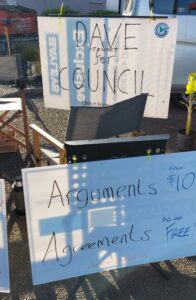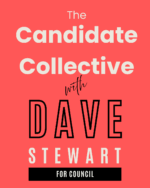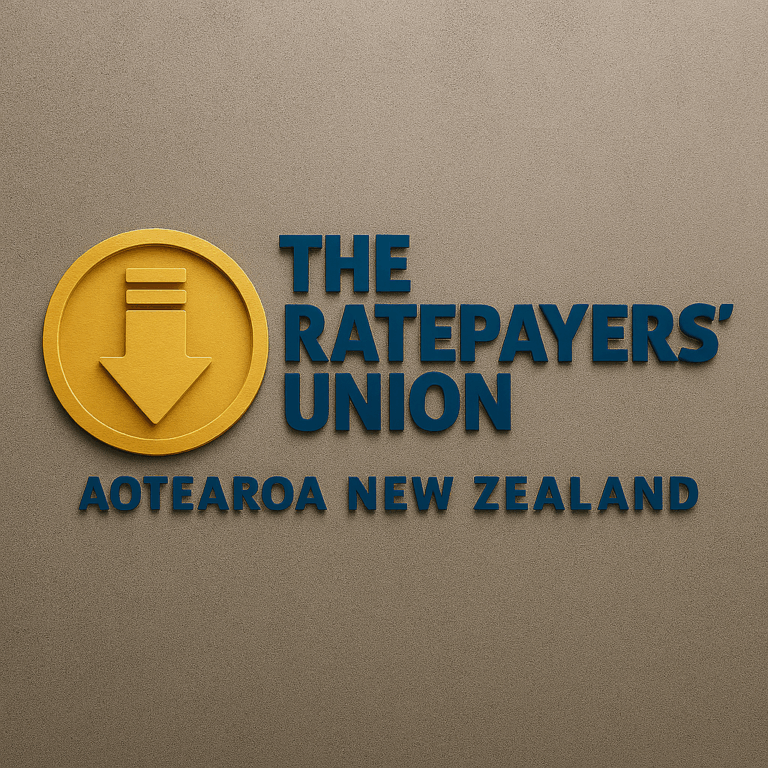Source Diane McCarthy Local democracy reporter

DESPITE his Sunday Market stall signs, Whakatāne District Council candidate Dave Stewart says he doesn’t want an argument.
“I ask people, have you ever been divorced? Then you know how expensive arguments are”, he said.
Much like a good marriage counseling session, his “Dave for Council” campaign is focused on what he can find to agree upon with his opponents or potential voters.
Mr Stewart has been frequenting the Sunday Market throughout June, offering “Arguments from $10, agreements free”.
“You don’t want an argument. You really want things you can agree on.”
“People come up and say, ‘have you sold many arguments?” I say ‘actually, I haven’t sold a single one since I started this, and I’m really happy about it”.
Following the recent candidate briefing hosted by Whakatāne District Council, Mr Stewart and his campaign team have taken the advice from a Tauranga City coun- cillor very much to heart.
Blenheim ward councillor Kevin “Herb” Schuler spoke at the meeting via Zoom, providing advice on how to run an election. Because it was placed under the control of commissioners, Tauranga City was the only council in New Zealand to hold a full election last year.
“Enjoy the camaraderie of the other candidates,” Mr Schuler advised the candidates.
“They’re not really your adversaries at the end of the day. Everyone who stands, stands for a good reason.”
He and other candidates in his area met each week for Friday night drinks in the lead up to the election.
“We thought we might as well get to know each other and support whoever got in at the end of the game.”
Mr Stewart said he picked up on some “very solid ideas” from the candidate meeting.
“One of the important points that came across was the need for our community to elect a council that can work together as a team.”
“Another was the importance of getting as many people as possible voting, to make sure the council represents all the voices in the Whakatāne district.”
To this end he has decided to invite all candidates to participate in a weekly candidate collective held around the town at a range of different venues to “meet and work together on some things that we all agree on already”.
“One thing everyone can agree on is that regardless of who people vote for, the best way to get the best council to represent everyone in this district is to get as many people to vote as possible.”
Another area where cooperation could be possible was helping each other distribute leaflets and flyers into letterboxes, pooling collective resources and working together to get maximum engagement.
“After the election the successful candidates will have to work together so we’re saying, ‘why wait?’
“Let’s get things started before the election and show Whakatane we can work together despite our differences.”

